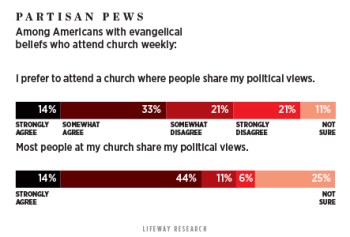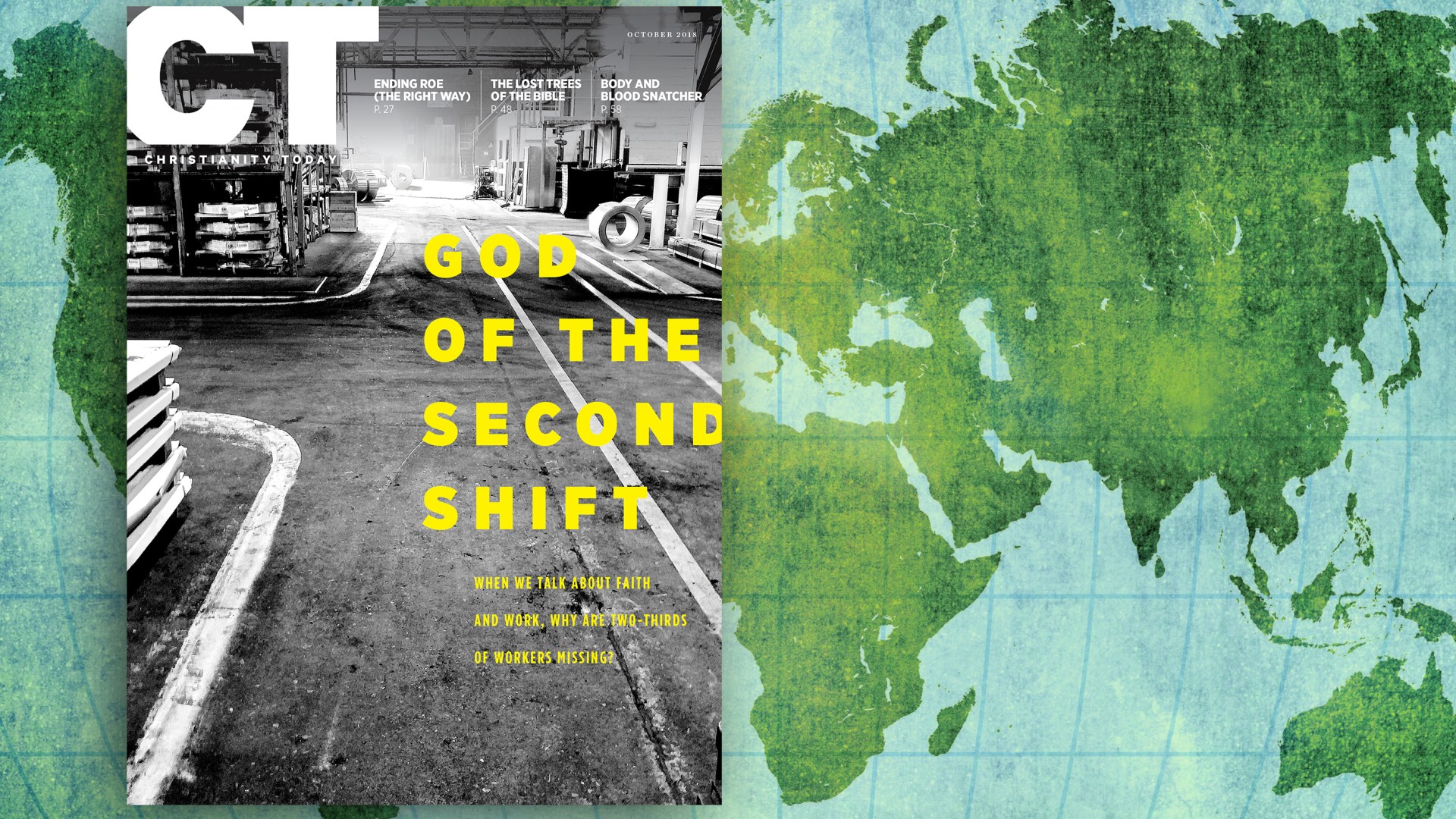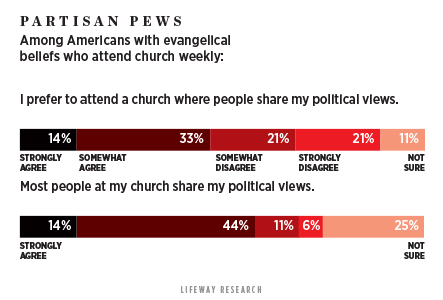Israel: Christians worry about official secondary status
Israel’s legislature passed a special law this summer officially cementing the nation’s nature as a Jewish state. Most provisions aren’t controversial—they formally establish the flag, emblem, and anthem. But Palestinian Christians and some Messianic Jews, along with other religious minorities, object to statutes declaring Jewish settlement as a “national value” and downgrading Arabic from an official language to one with “special status.” “While the idea of the law is straightforward—it’s hard to argue that Israel isn’t a Jewish state—the actual provisions are controversial, discriminatory, and possibly racist,” said Jaime Cowen, a Messianic Jewish leader. Others like The Philos Project’s Robert Nicholson argue the law doesn’t change anything except sentiment. “The best critique of the law,” he said, “may be that it doesn’t really do anything besides stir up unnecessary trouble.”
Canada: Christian college drops sex standards for students
Weeks after Canada’s Supreme Court ruled against what would have been the country’s first Christian law school, Trinity Western University (TWU) dropped its student community covenant at the heart of the controversy. TWU’s law school quest had stalled in court for years after several provincial law societies refused to accredit would-be graduates, citing the covenant’s prohibition of sex outside of traditional marriage. TWU president Robert Kuhn said the school remained committed to its evangelical principles and mission, and the covenant will remain in effect for faculty and staff. The Evangelical Fellowship of Canada, which opposed the Supreme Court’s decision, backed TWU and noted the “wide range of thinking and practice around required adherence to things like community covenants” among Canadian evangelicals.

Black pastors debate White House partnerships
This summer, President Donald Trump convened African American pastors at the White House to discuss criminal justice reform. The meeting angered a black ministers coalition, which wrote in an open letter, “We need not remind you of the posture of the Prince of Peace, our Savior from the streets, when He stood before Herod and Pilate. He didn’t even pray for them.” South Carolina megachurch pastor John Gray, who sat next to Trump and prayed to open the meeting, defended his attendance. “Sitting at a table is neither affirming, endorsing, agreeing, nor aligning,” he said. Meanwhile, the criminal justice reform bill—the reason for the meeting—has received congressional bipartisan support.
Jack Phillips back in court over a cake
Months after the US Supreme Court ruled in favor of Masterpiece Cakeshop’s Jack Phillips, he’s back in court. This time, the Christian wedding vendor is suing the Colorado Civil Rights Commission, claiming it unfairly ruled against him for refusing to make a cake celebrating a gender transition. Phillips argues the order—and a number of other profane designs requested in the past year—are not genuine and only intended to target him. Nationally, public support is increasing for conservative wedding vendors like Phillips, according to PRRI. Today 46 percent of Americans believe owners of wedding-related businesses should be allowed to refuse their services to same-sex couples based on their religious convictions, up from 41 percent in 2017.
Rwanda: Closed churches learn what reopening requires
Of the thousands of churches shut down by Rwanda this year over health, safety, and noise regulations, about 1 in 7 reopened after complying with a new law requiring the improving of facilities, documenting of finances, and pastors obtaining theology degrees from an accredited school. Many welcomed the crackdown on poorly constructed places of worship and badly behaving pastors. “[It] brings a crucial element that was missing: order and harmony,” said Anglican archbishop Laurent Mbanda. Other pastors protested the restrictions on religious freedom, telling CT that preaching is a calling and not something necessarily learned in school. Their example No. 1: Jesus.
Ethiopia: Orthodox leaders reunite across the Atlantic
After a nearly 30-year schism, Ethiopian Orthodox Christians in their homeland and in America reunited the feuding branches of one of the world’s oldest churches. The Tewahedo church split in 1991 after political tensions forced its leader to flee to the United States, where dissidents and diaspora Ethiopians formed a rival church. Now the US patriarch will return to serve alongside his counterpart in Ethiopia’s capital. “It is impossible to think of Ethiopia without taking note of the [church], which is both great and sacred,” said Abiy Ahmed, the prime minister who brokered the deal.











